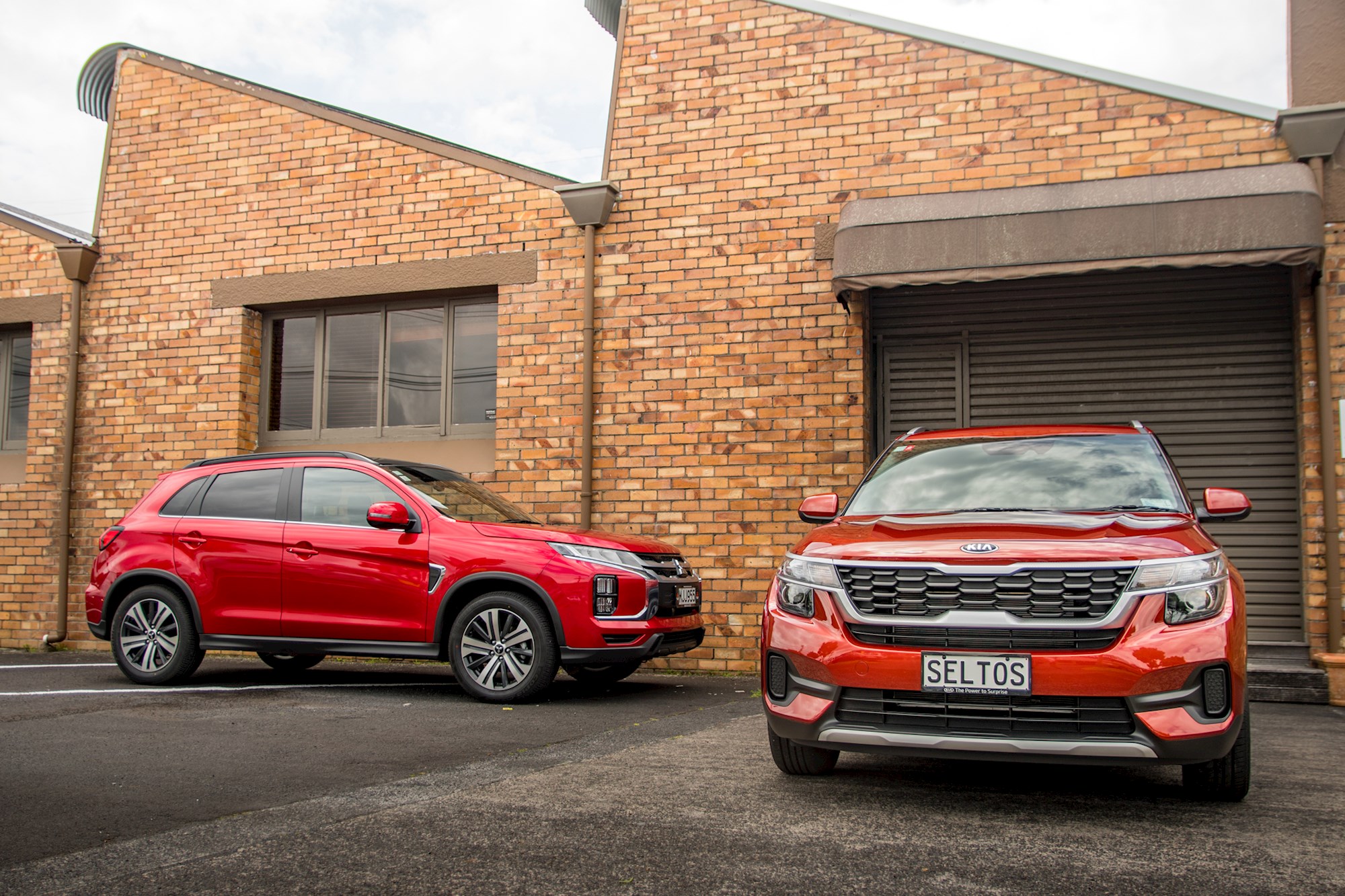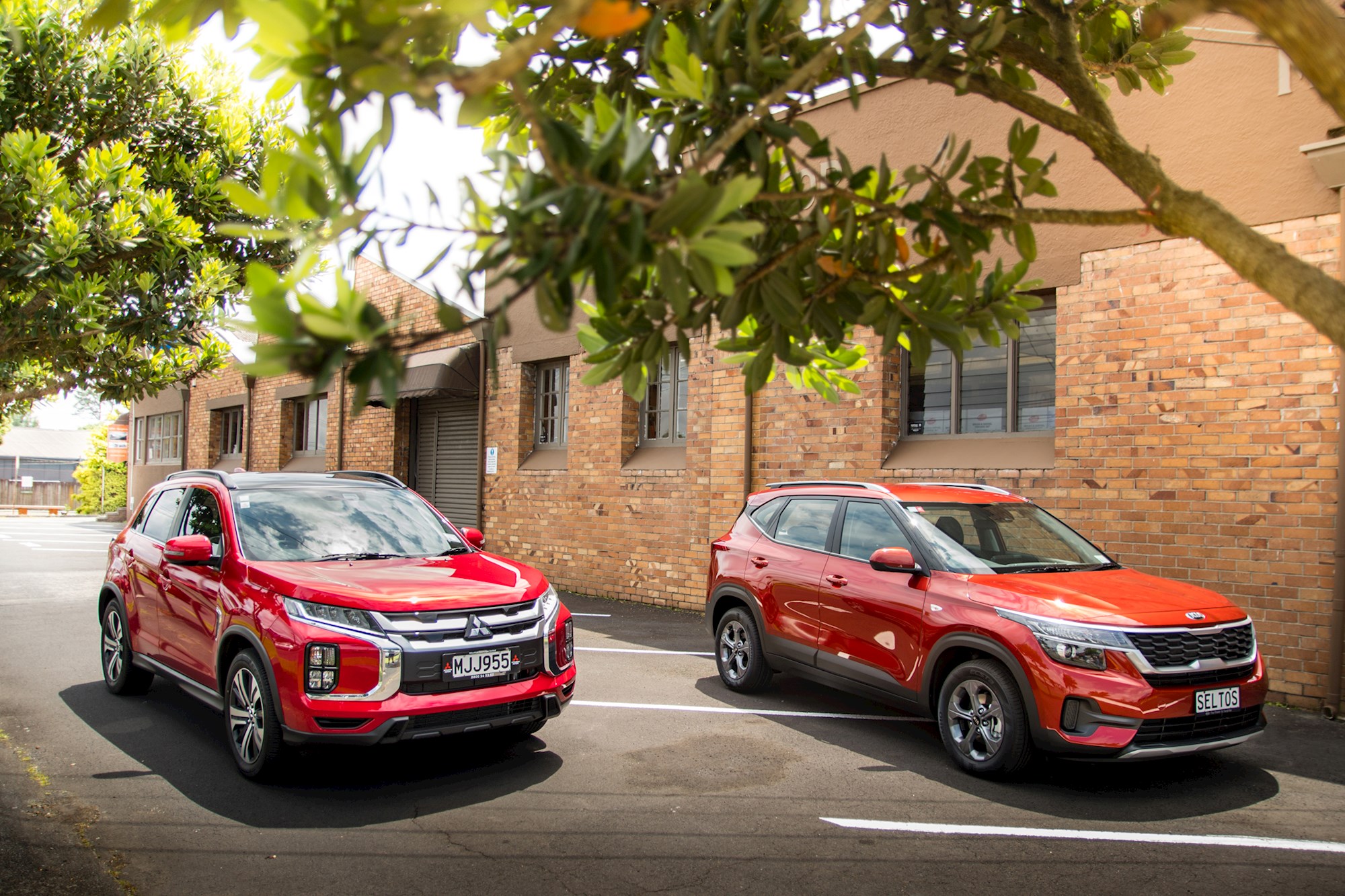Amid the extreme business challenges of New Zealand’s Covid-19 alert levels, a leading Auckland dealer group is finding that distancing measures have advantages of their own for customers that could be continued beyond the current situation – maybe “forever”.
Matthew Wales is dealer principal of Andrew Simms, with new-car franchises for Mitsubishi, Kia, Jeep, Ram, Fiat, Haval and Great Wall. It’s also a leading used-vehicle retailer.

Like the rest of NZ’s dealerships, Andrew Simms is currently operating a contactless business. For new-car sales, that means test drives booked online, with vehicles cleaned and ready to be driven at prearranged times and all administration via the internet or phone.
When they arrive for a test drive, for example, customers get documentation sent to their phones with loan forms, and they supply a licence picture via the same means. The car is ready to go: no personal interaction with staff necessary. When they’re done with the drive, it’s a simple text message back to the dealership to let staff know the car is returned.
Servicing is the area where business has really started to move again under level three restrictions. Booking and all transactions are done online; customer and loan cars are sanitised every time.
“Funnily enough, it’s actually sped up the process for customers quite significantly and we’ve had some really good feedback about the ‘drop off and leave’ model,” says Wales.
Similarly, an online Hold This Car feature that has been trialed by Andrew Simms since last year has been embraced by customers, who can reserve a used vehicle on the company’s website for a deposit of $200, until they have a chance to come in and inspect it.
Hold This Car was used for about two per cent of Simms’ used-car business prior to March, but that has rapidly risen to 25 per cent. It’s another example of the pandemic pushing a permanent change.
“We’re planning to extend it,” says Wales. “If people in the area are unable to view the car, we’ll send them a full electronic report - scratches or scrapes, how many keys, all the essentials – and all paperwork can be done online.
“We’ll deliver the car contactlessly, the customer has a five-day period to inspect and if for any reason they’re not happy, we’ll give them a full refund.”
With a month of lockdown and virtually no sales, plus the prospect of unwanted rental cars coming onto the market, you might surmise that used-car customers will be faced with some genuine bargains.
Wales agrees that there are some uniquely favourable conditions for buyers right now – but the market could develop in a different way later in the year.
“There are a few factors here. There was a real shortage of good quality used cars before lockdown; there was also a change to import laws [from January, cars had to be fitted with stability control]. So that limited supply a bit.
“We’re doing a lot of rental car [reselling] business ourselves. What we’re seeing is maybe not the bargains that have been talked about in the media, but there are really well-priced used cars that are much newer and much lower mileage than we might usually see.

There’s a reasonable volume and there are certainly deals to be had.
“But we also tend to think that later in the year we’re likely to see a contraction of supply. Because remember that during April there were no cars traded either… so it depends on how new-vehicle volume goes and how the rest of the world behaves.”
The biggest change in customer behaviour since the Covid-19 crisis is an awareness of car hygiene, especially around used cars and servicing, says Wales.
Andrew Simms previously offered an interior treatment called Bactakleen – a “fogging” anti-viral, anti-bacterial agent that last about three months – as a $200 option. It now includes that with every service and Wales sees that as an “integral part of used car preparation” for the next six the 12 months.
Possibly longer, like so many distancing services driven by Covid-19 that are bringing unexpected benefits to customers.
“We see that taking cars to customers’ houses, operating at a distance, is something that will go on forever really. It’s more convenient for them and it makes sense for us to do it.
“I don’t see any reason why we’d now change that behaviour outside of the pandemic.”



